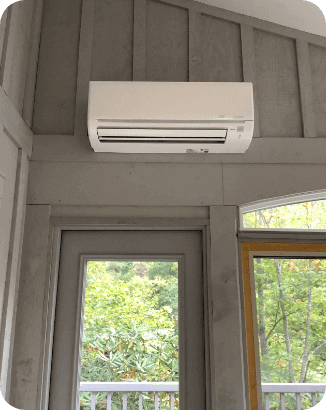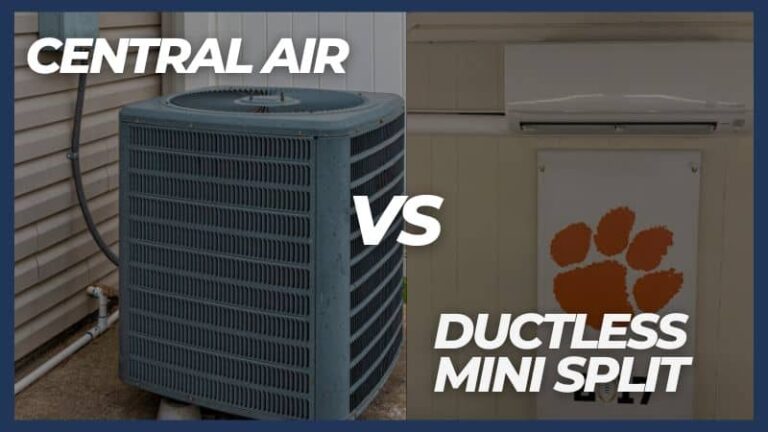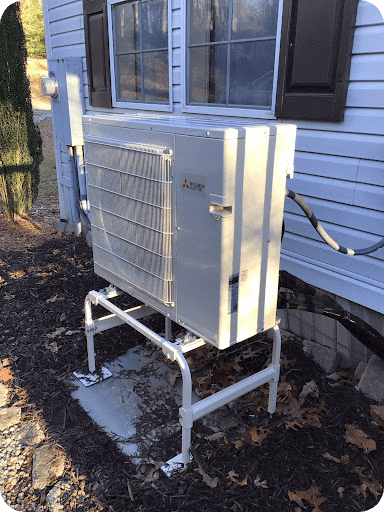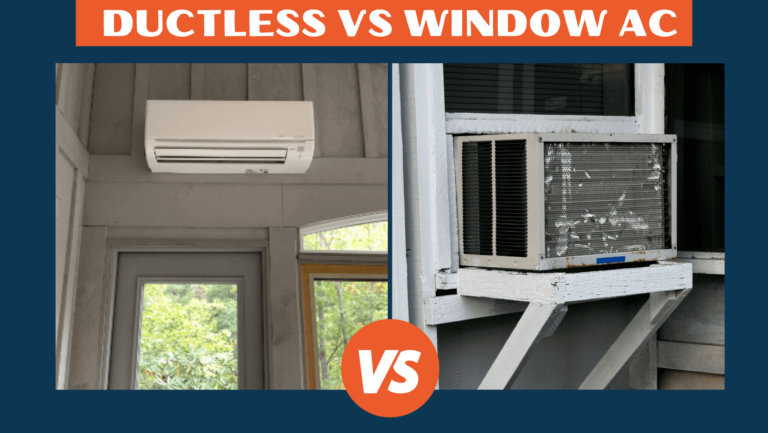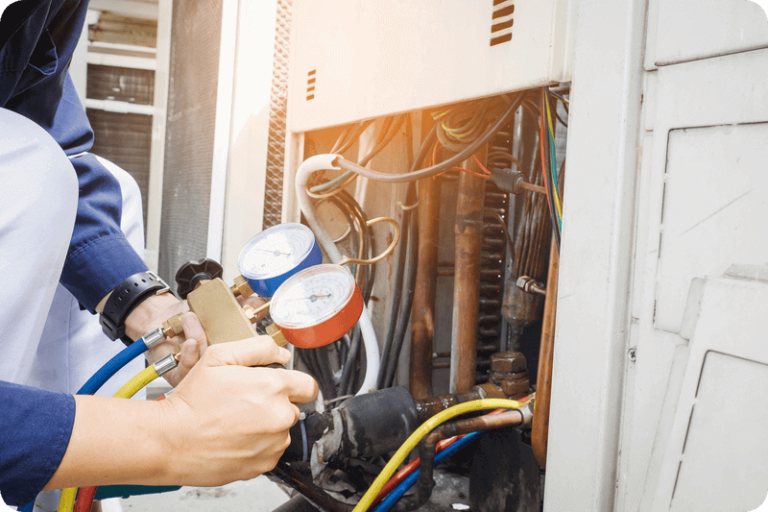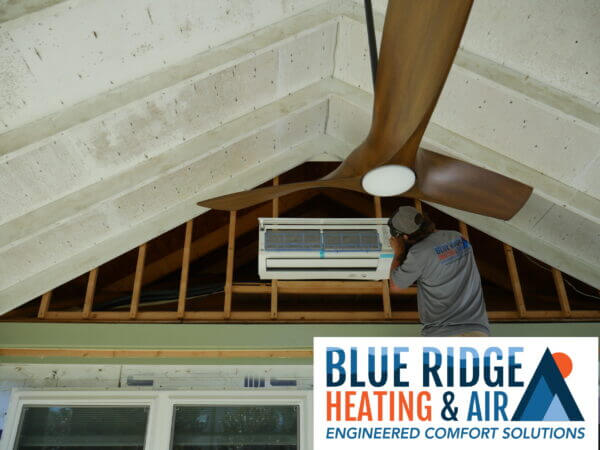As a homeowner, if you are investing in a new AC or heating system, it’s important to know what to consider when replacing HVAC systems. Most people think about the size of the system, and what they want out of it. But you should also think about things like energy efficiency, longevity of your HVAC system, and much more.
In this article, we will tell you:
I’ve been installing HVAC systems for a few years now, and before that worked as a mechanical engineer. I have a passion for designing and installing HVAC systems the correct way, and walking our customers through the steps of what they should know about their heating and cooling is important.

- What you should consider when replacing HVAC systems
- Should you replace the HVAC before it breaks
- Best time to replace HVAC systems
- Replacing AC with a Heat Pump
If you are thinking of replacing your HVAC system, give us a call or contact us online. An expert can come take a look at your home and get you set up with the right HVAC system to keep you comfortable no matter what time of year it is.
What You Should Consider When Replacing HVAC Systems
It’s important to go to a trusted, installer when it comes to your HVAC system. You should look for an installer that completes the following five steps. They may be a little more expensive in the short-term, but they protect your home and family.
- The installer should double-check the equipment and ductwork sizing of the new system to make sure it is properly sized to fit your home.
- The installer should be licensed, insured, and should take the time to pull a permit, which will require a 3rd party to inspect their work.
- The installer should follow manufactured recommended practices during the installation. Such as verifying the proper electrical, venting, refrigeration line practices, and condensate system design and installation.
- The installer should properly start-up and test the equipment to make sure it is functioning per design and operates in accordance with the manufacturer’s instructions.
- Finally, the installer should register the equipment with the manufacturer and close out the job with the final inspections to validate that the work is completed per code.
All of these steps take time to do properly; but in the end you will have the right-size system, which is properly installed and will provide years of comfort and an energy-efficient operation. It is a smart investment to have a qualified company that can correctly install your new system.
Should You Replace The HVAC Before It Breaks?
Yes, you should replace the HVAC system before it breaks. There is a balance between “running your system into the ground” and replacing it at the right time. There are a few reasons you’ll want to replace the HVAC system before it breaks down completely.

Another thing people don’t consider is the energy savings of a new system. If you are replacing a system that’s on its last legs, you are most likely replacing an older, energy-wasting system. Newer high-efficiency HVAC systems can make your home more comfortable and also save money on energy bills!
Best Time To Replace HVAC System
The best time to replace an HVAC system is in the offseason. Ideally, you want to replace your system in the spring or the fall. There are a few reasons:
- Saving Money: During the down times of year, contractors are most likely to offer discounts and promotions. There are also usually manufacturer and utility rebates available in the offseason.
- More Convenient Scheduling: In the milder seasons, HVAC contractors aren’t as busy. This makes it easier to schedule your installation. In the winter and summer, they are busier, and usually have a fuller schedule with less availability.
- No Uncomfortable Days: If you have to replace your AC or furnace in the middle of the summer or winter season, it’s going to be uncomfortable. Taking care of it in the offseason means no uncomfortable days.
Replacing AC With A Heat Pump
One of the more popular decisions we’ve been recommending for homeowners is replacing AC with a heat pump. Heat pumps are an extremely energy-efficient heating and AC solution, that also qualify for rebates and tax credits.
Heat pumps offer both heating and air conditioning, unlike other HVAC systems. Instead of having to replace the AC, and also install a furnace, a heat pump takes care of both. They also are powered by electricity, which is becoming more popular. Electric is better for the environment than fossil fuels like gas and oil to power a furnace.
If you are in need of furnace and AC replacement in Greenville, SC, give us a call or click here to contact us online!

